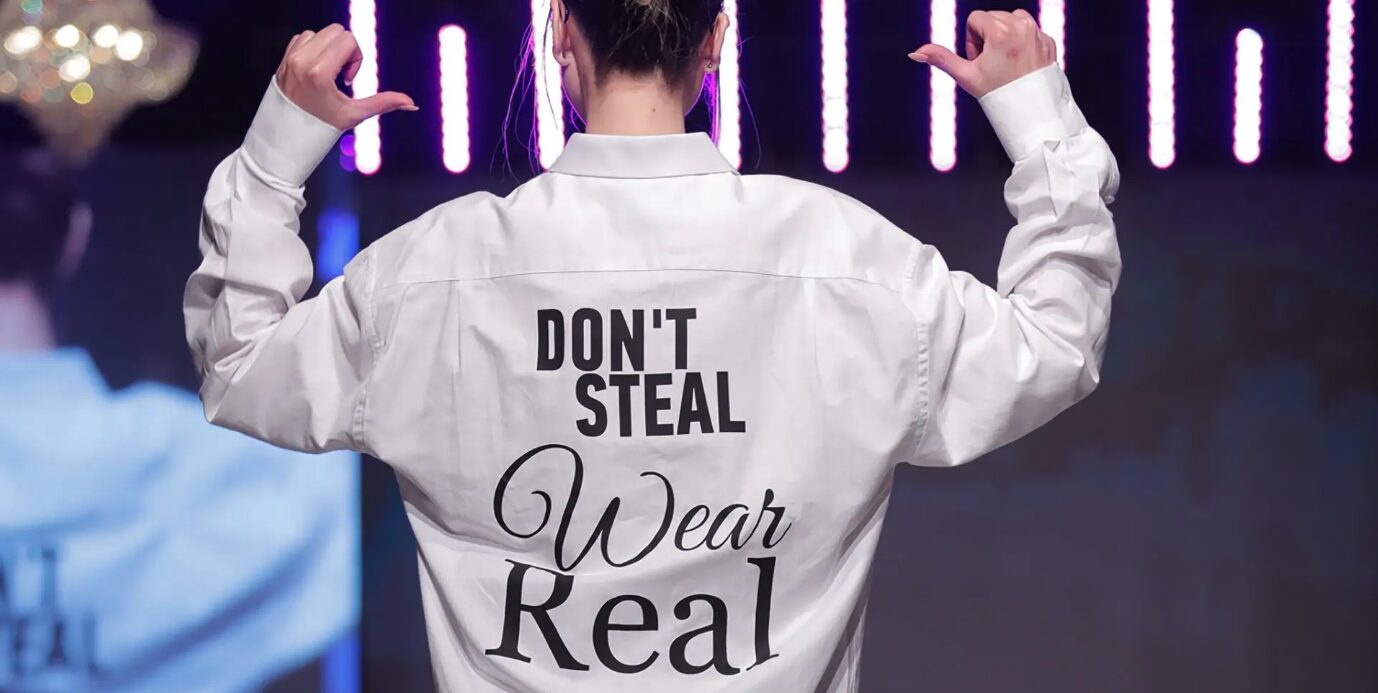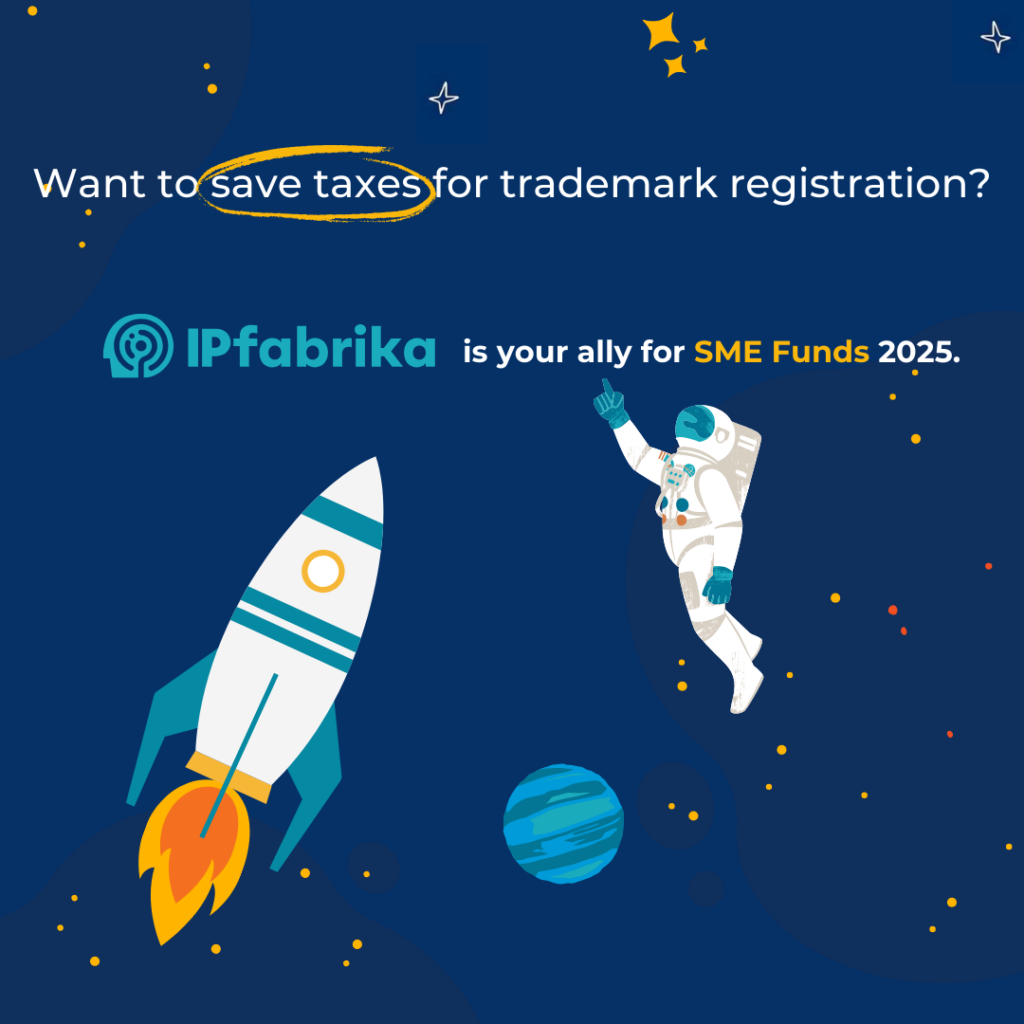Data from customs seizures in the EU show that between 2017 and 2019, around 54% of counterfeit and pirated products were knowingly purchased by consumers. The proportion of people who actively seek out imitations varies by product type, ranging from 11% for chemicals to 57.3% for electrical appliances.
According to statistics from the European Union Intellectual Property Office (EUIPO) from last year, a significant portion of Bulgarians also knowingly choose to buy counterfeit goods. Interestingly, this trend spans not only the fashion and electronics industries but also sectors like pharmaceuticals and food.
A 2023 report identifies several factors influencing both intentional and unintentional purchases of counterfeit goods. Most of these factors are socio-economic and related to the product itself (e.g., price or perceived quality), the consumer’s social environment, and personal characteristics such as:
- Economic status: Higher GDP per capita in a country correlates with lower imports of counterfeit goods.
- Market awareness: Awareness of counterfeit goods at both national and EU levels.
- Attitudes toward counterfeiting and piracy: Consumer knowledge and perceptions about counterfeit and pirated goods.
- Prevention systems: Whether there are effective systems in place to deter the purchase and consumption of counterfeit or pirated goods.
From a demographic perspective, people over 65 are less likely to consciously purchase counterfeit goods, while younger people are among the most frequent buyers of fakes. One reason for this is that older adults are less likely to shop online, whereas younger individuals are often more motivated to follow fashion trends, seek out specific brands, and emulate the lifestyles of celebrities.
Recognizing the dangers posed by this trend and the influence of fashion, society strives to make the issue more accessible, not just through legal and administrative channels but also through public awareness. On March 29, Sofia Fashion Week SS 2024 will host a significant discussion on counterfeiting in the fashion industry through the Fight Fake fashion show. This initiative, led by Greek designer John Pan and supported by the Patent Office of the Republic of Bulgaria and EUIPO, aims to raise awareness about the importance of intellectual property rights in combating fashion counterfeits. Fight Fake builds on the success of previous events designed to inform consumers about the negative consequences of counterfeit designs and the critical need to respect creators’ intellectual property. Notable examples of such initiatives in the past five years include the Athens Xclusive Designers Week 2019 in partnership with the Hellenic Industrial Property Organization and the GUERRILLA campaign in 2023, held together with the Spanish Patent and Trademark Office (OEPM) during Madrid Fashion Week.
These initiatives aim to not only prevent counterfeiting but also to understand consumer motivations. However, the motives for buying counterfeit goods do not justify the act itself. If you suspect that your intellectual property rights are being violated, don’t hesitate to contact the IPfabrika team.
Photo: EUIPO





